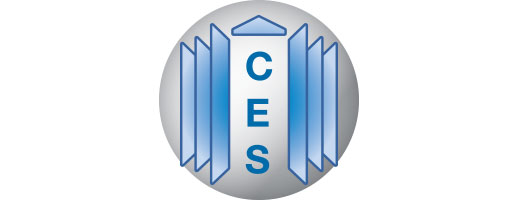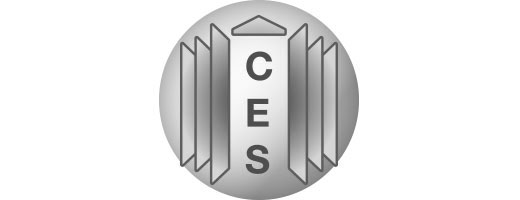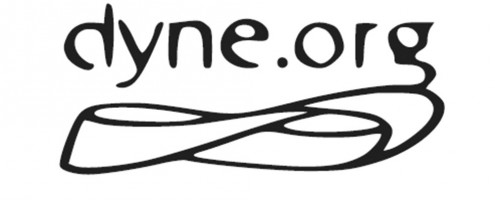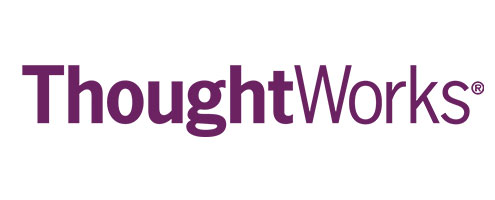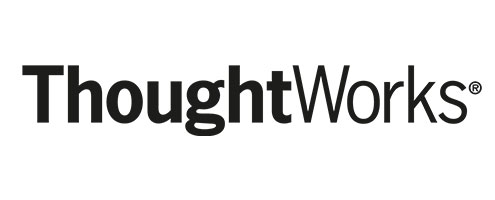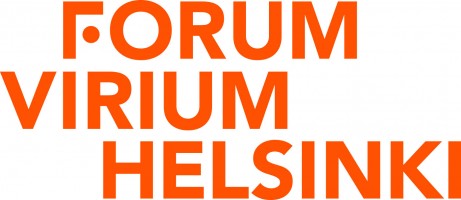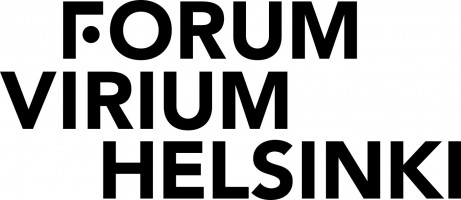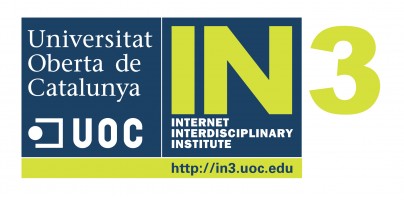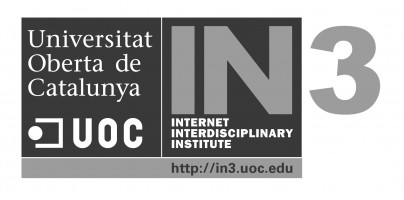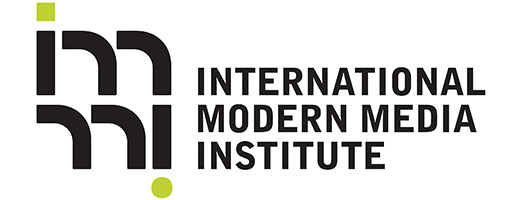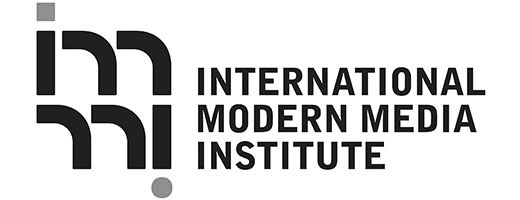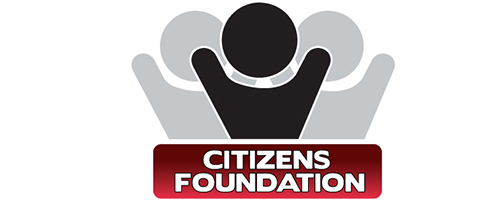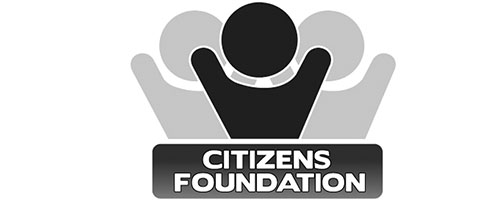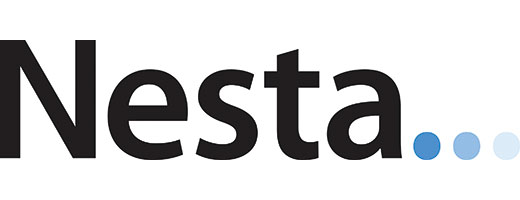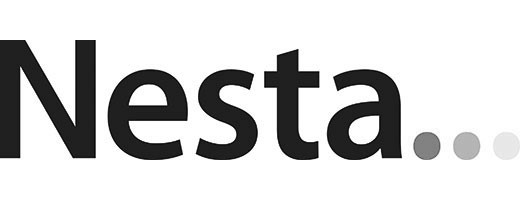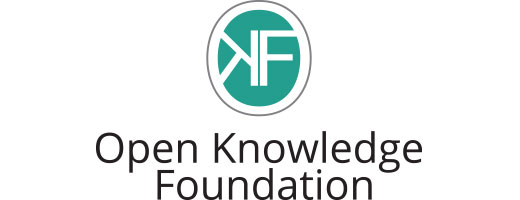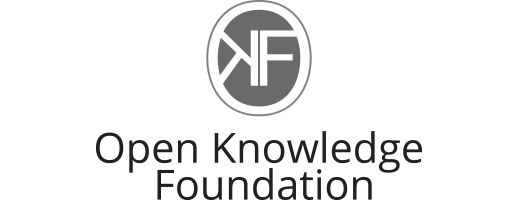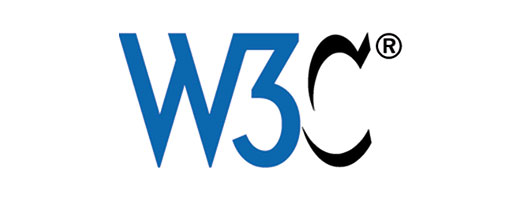Open Knowledge Finland discusses the D-CENT potential to change democratic participation
Writers: Darryl Chamberlain & Francesca Bria (Nesta)
Representatives of the groups involved in D-CENT met in London to share their experiences. Jaakko Korhonen of Open Knowledge Foundation Finland talked about D-CENT’s potential.
What are you doing for D-CENT?
I’ve been doing research and development work and design work, and have colleagues that are working on participation, community management and more. There’s a network of people who are trying to find citizen-oriented democracy opportunities and there’s only a handful of organisations with the capability to accelerate this.
Maybe it comes from being in a small circle, but we keep ourselves away from the stuff that we’re not responsible for, so the decision-makers don’t get confused!
Levels of participation in democracy aren’t what we’d hope for. We could say people don’t have the time, or aren’t interested, but that’s not really true, is it? People have the time, but it might be that we’re building and designing things for the democratic process that require your full attention – and that’s not feasible. We participate in commercial campaigns all the time by just looking at an advertisement for three seconds. So we need to make it possible for the busiest person to take part, or someone who doesn’t know enough yet, or people don’t want to dig deep into stuff. Participation needs to be light, funny and emotional, and this is what we can solve here – we have an opportunity to solve it.
What kind of projects are you working on?
The system we’re having most fun with is the freedom of information act. It’s wonderful. We asked for all freedom of information requests from all the ministries for the last three years. We got an answer to that as a PDF. So we had a look at the law, and wrote a better request, as you can require them to answer in CSV format.
Now we have an open dataset with all the freedom of information requests made in Finland for three years. So you can do stuff like this – you can open any data. If there’s a tabloid report or social media scandal on something that went wrong in a public project, you can ask for the document. When you put up the information, you can see the social media discussion transform from people yelling and swearing into a very fact-based analysis of what’s gone on and how to stop it next time. It’s wonderful.
Information gives a feeling of control. People lose the aggression and they start thinking – that’s really healthy. There are other projects – Datademo peer reviews projects, and using crowd intelligence to decide who gets funding for apps.
Then we have the Fluency navigator – which is like you could say is D-CENT for city traffic – open source, open data, a privacy-conscious tool for navigating around the city.
What challenges does D-CENT face?
This isn’t a traditional software project where it’s top-down, release-oriented. Here, the results of the participation aren’t trivial, and email content is meaningful because it impacts change in the real world. And of course, the D-CENT consortium structure is still changing, but it’s a top team so that hasn’t hurt us.
Doesn’t an internet democracy platform exclude people who are offline?
Accessibility and inclusiveness is a big part of what we’re doing. What we’re doing is creating something that works on mobile, and on diaries – we’ve been talking about high contrast screens, for example. I visited the UK Parliament’s commission on digital democracy a few weeks ago and we were discussing the same thing – this argument for inclusiveness. I think that argument’s in its place when you talk about Google or Facebook – they’re companies whose job is to sell you something, so their job is to get people who have the ability to pay.
But if you’re a civil servant or in the public sector, then you’re working for the general benefit of everyone and you don’t have to sell anything. You want all demographics to join in, not just the ones with the thickest wallets.
I would say the criticism comes from people who are looking at social media applications that aren’t about participating in common decisions. If you have this inclusiveness in the application, it will look different – helpful, interactive, it works for the customer.
Tablets aren’t hard to use for older people; on the contrary, a tablet is wonderful as you can have bigger buttons. If you can afford a phone subscription but not the internet, you can afford a cheap tablet.
In Iceland and Finland, governments are spending a lot of money to have internet access for everyone. Finland recently crowdsourced a law allowing snow scooters to drive in the forest. In the far north, people were saying it was the first time their “masters” in Helsinki had opened this up to them! Even if they had to go to a library that was half a day’s drive away, that was still better than having to go to Helsinki.
What does success look like for D-CENT?
In Finland, our first citizens’ initiative has recently been approved by parliament, for same-sex marriages. People are planning their parties already. That’s what success looks like.
Your Priorities was used in Estonia – they took groups of several hundred people, showed them a bunch of laws, and made changes in those laws based on their objective opinions. That’s success.
It’s having a real-life impact. It’s changing the whole dialogue – the public sector will have to interact with people.
Open Knowledge Foundation Finland is developing D-CENT’s features, front-end and user experience. It also runs the Finnish pilot together with Open Ministry and Forum Virium Helsinki. The work of Open Knowledge Foundation Finland is done under Open Knowledge Foundation, which is one of the official partners in the D-CENT project.
The original article published @ www.nesta.org.uk: Open Knowledge Finland discusses the D-CENT potential to change democratic participation.


